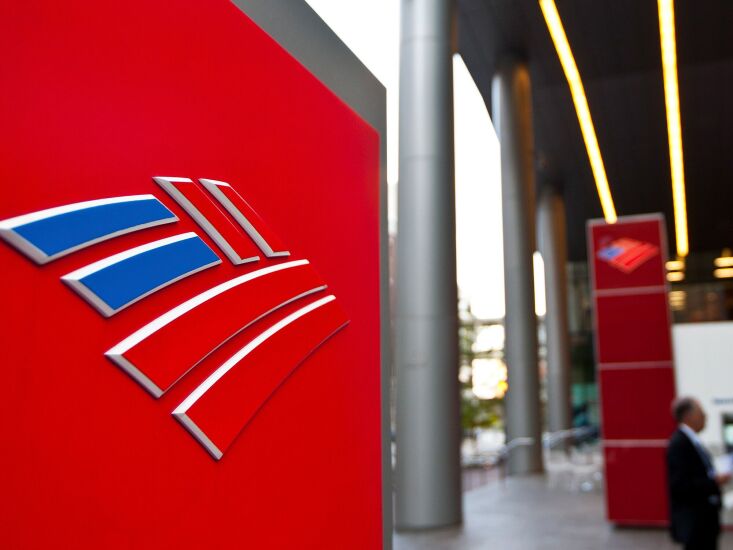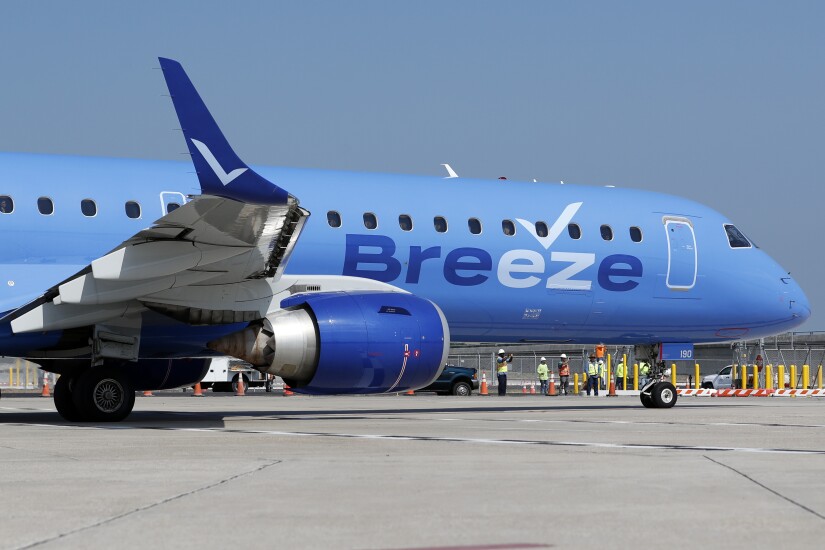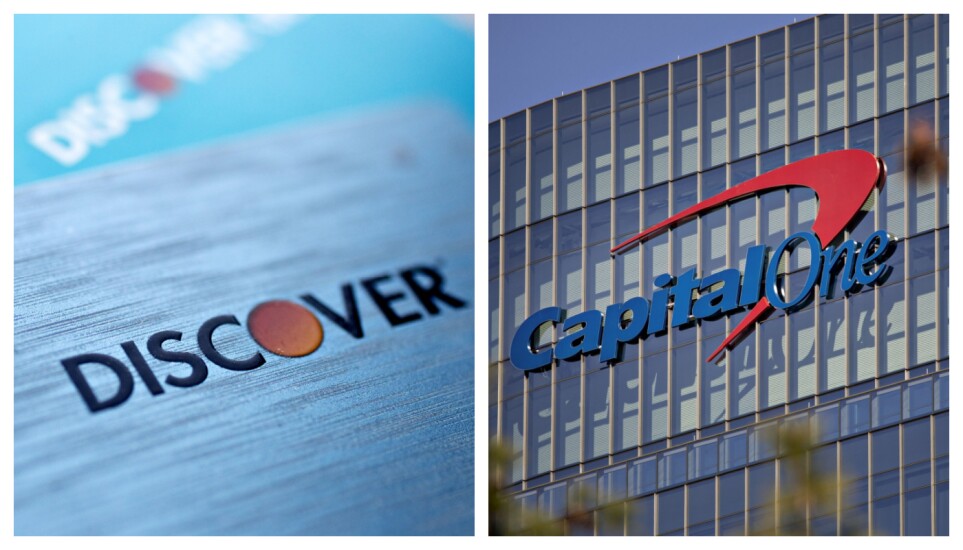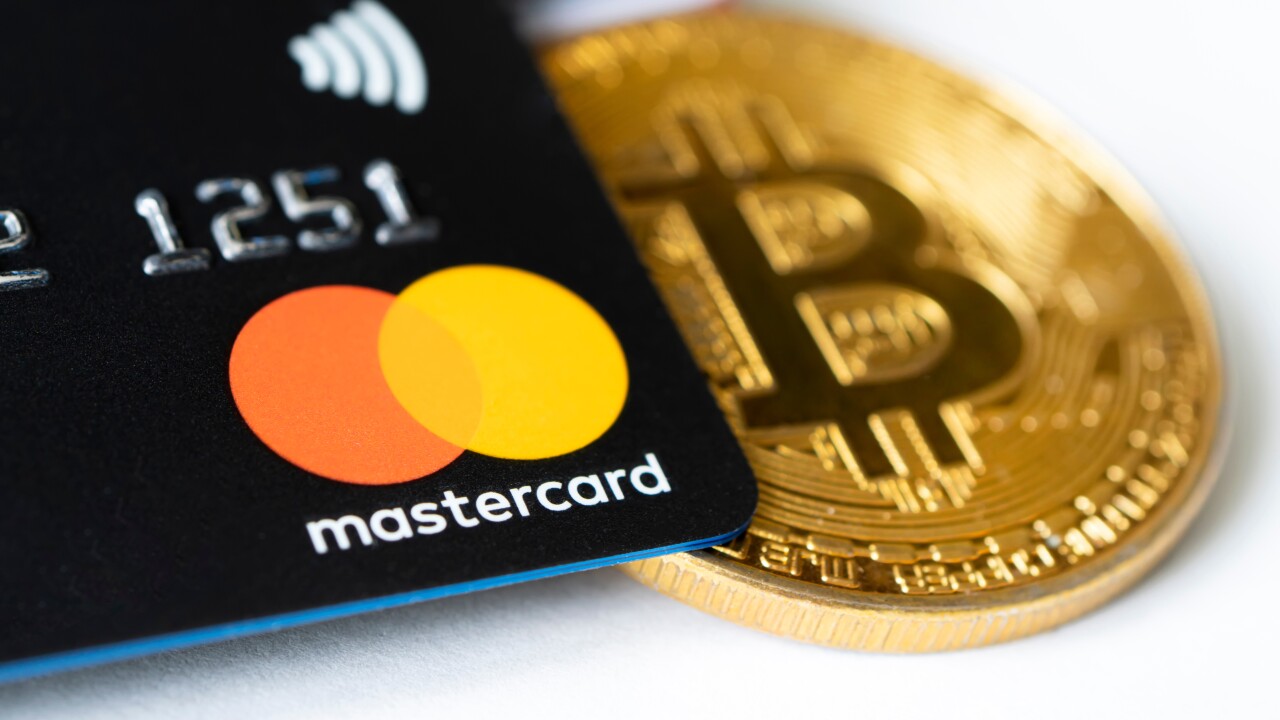The credit card business is especially dynamic, with many different factors that can affect costs and revenue.
Issuers have to deal with fee-cap regulation, environmental rules, credit quality, AI-fueled fraud and other concerns.
Here's what banks and others have been saying about their card operations:












